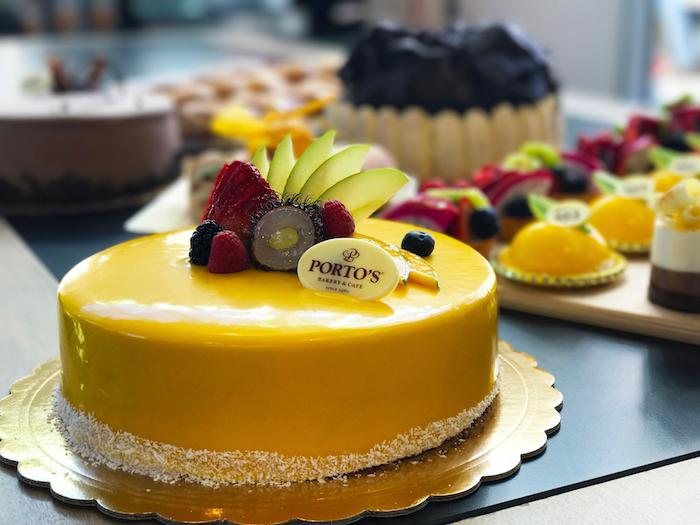BUENA PARK, Calif.—At Porto’s Bakery in Buena Park, the lines look a lot like the ones at Knott’s Berry Farm just down the street.
They wind through the sprawling 25,000-square-foot space, with its floor-to-ceiling windows and four separate food and coffee stations, and on busy days—almost every day—they can extend out the door, wrap around the building, and continue down the street. The parking lot is an adventure in itself.






